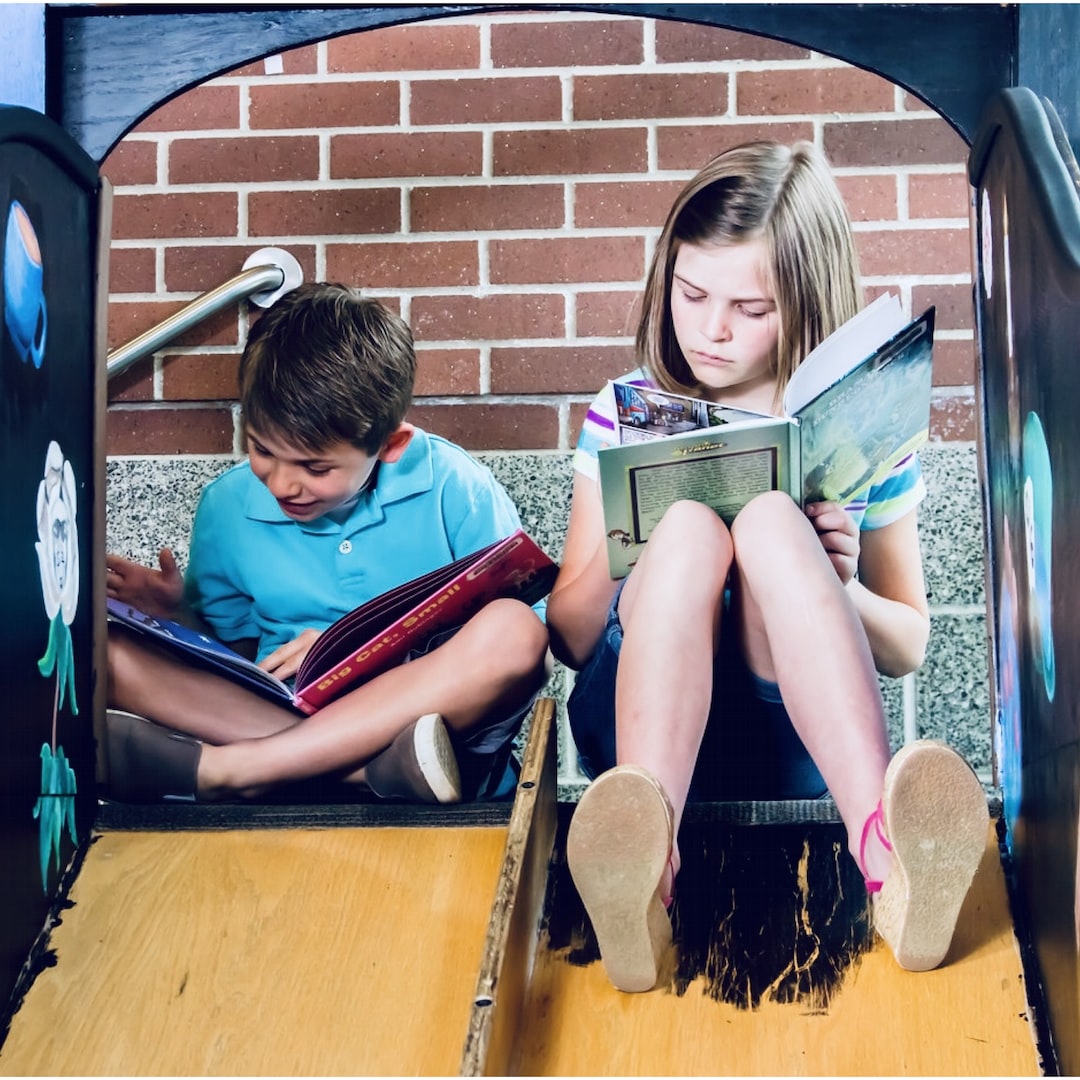Why Critical Thinking is Essential in Education
Education is not just about acquiring knowledge; it is about developing the ability to analyze, evaluate, and synthesize information. Critical thinking, therefore, becomes an integral part of education as it enables students to think and reason in a logical and rational manner. In today’s rapidly evolving world, where information is readily available at our fingertips, the need for critical thinking skills has become more crucial than ever. This blog post aims to explore the reasons why critical thinking is essential in education.
First and foremost, critical thinking fosters creativity and innovation. It encourages students to think outside the box, question assumptions, and come up with unique ideas. In a world that demands constant innovation, the ability to think critically helps individuals to solve complex problems and develop new solutions. By encouraging students to analyze and evaluate information, educators can stimulate their creativity and help them become more efficient problem solvers.
Furthermore, critical thinking equips students with the necessary skills to become lifelong learners. In today’s information age, knowledge is constantly expanding and evolving. The ability to critically assess and process new information is crucial in order to adapt and thrive in this ever-changing environment. By instilling critical thinking skills in students, educators facilitate their ability to conduct research, evaluate sources, and make informed decisions. This transforms students into independent learners who are capable of tackling any challenges that come their way.
In addition, critical thinking enhances communication skills. Clear and concise communication is paramount in our society. By analyzing arguments, considering evidence, and formulating well-reasoned responses, critical thinkers are able to effectively express their thoughts and ideas. Furthermore, critical thinking encourages active listening, as it requires individuals to carefully analyze and understand the information being presented to them. By developing these communication skills, students become more effective communicators both in their personal and professional lives.
Another crucial aspect of critical thinking lies in its ability to develop analytical reasoning skills. Critical thinkers are able to identify patterns, relationships, and connections between different pieces of information. This not only enhances their problem-solving abilities but also enables them to make informed decisions based on a thorough understanding of the situation at hand. The ability to analyze and reason logically is invaluable in almost every field, be it science, technology, business, or even everyday life.
Moreover, critical thinking plays a vital role in fostering empathy and understanding. By encouraging students to critically evaluate different perspectives and arguments, educators instill a sense of open-mindedness and tolerance. This enables students to appreciate diverse viewpoints and understand different cultures, thus promoting a more inclusive society. Critical thinking also helps students recognize biases and prejudices, allowing them to approach social issues with a more objective and thoughtful mindset.
Additionally, critical thinking is closely linked to academic success. Students who possess good critical thinking skills are more likely to excel in their studies. The ability to evaluate and analyze information enables them to effectively understand and retain knowledge. Critical thinkers can see beyond surface-level information and delve deeper into subjects, leading to a more profound understanding of complex concepts. Moreover, critical thinking improves academic performance by helping students develop strong problem-solving and decision-making skills, which are highly valued in any academic setting.
In conclusion, critical thinking is an essential skill that should be integrated into every aspect of education. From fostering creativity and innovation to enhancing communication and analytical reasoning skills, critical thinking plays a vital role in preparing students for a rapidly changing world. It equips them with the tools necessary to navigate through a sea of information and make informed decisions. By promoting critical thinking, educators empower students to become lifelong learners, effective communicators, and problem solvers. As education continues to adapt to the needs of the modern world, critical thinking remains a fundamental component that ensures students are equipped with the skills to thrive in any given situation.

